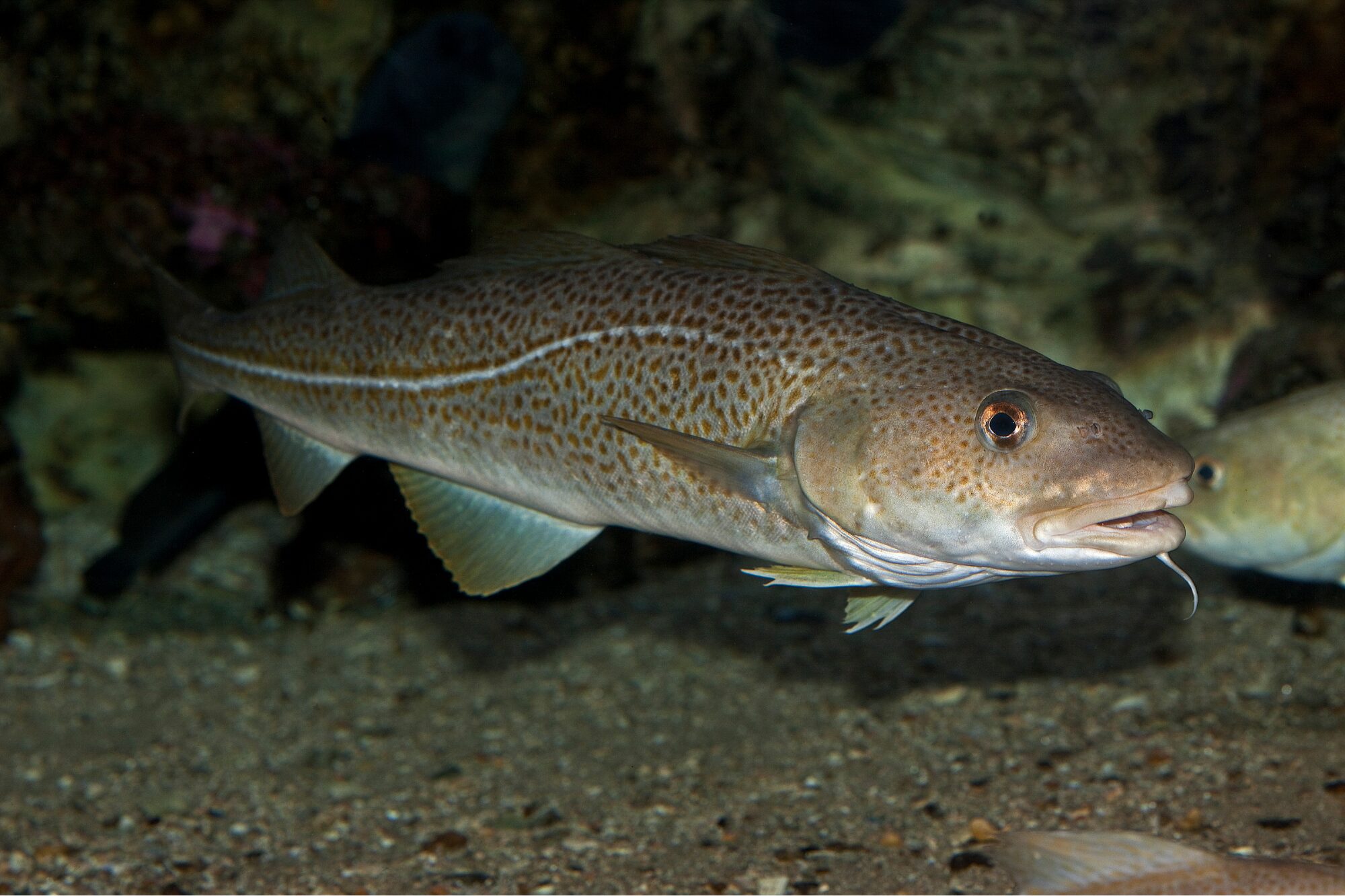
International Fisheries Organization Agrees to Groundbreaking Fisheries Management Measures, Historic Protections for Greenland Sharks
September 23, 2022
PORTO—The 44th meeting of the Northwest Atlantic Fisheries Organization (NAFO) concluded today in Portugal with an agreement to adopt a first-of-its-kind approach to fisheries management that considers the broader ecosystem. In addition, the body agreed to new international protections for the vulnerable and long-lived Greenland shark.
NAFO scientists will now inform fisheries managers when catches are reaching a threshold linked to overall ecosystem productivity. This work has been underway for the better part of a decade and finally received the full support of the NAFO Commission, which decides on management measures. The protections for Greenland shark, first proposed in 2018, fulfills outstanding advice from NAFO’s scientific council to prohibit the retention of this species.
“Today’s decisions represent important progress towards the long-term sustainability of fisheries throughout the NAFO area,” says Susanna Fuller, vice-president of operations and projects at Oceans North, who attended the meeting as a member of the Canadian delegation. “We sincerely appreciate the work of Canadian scientists and the Canadian government for moving these efforts forward.”
NAFO—an international organization made up of 13 parties including Canada, the United States and the European Union—manages fisheries in nearly 3 million square kilometres of ocean. Over the past decade, NAFO has made progress towards implementing precautionary management measures and has protected significant amounts of coral and sponge habitat. It is also the first international fisheries management organization to protect all seamounts and related features in its regulatory area.
Fisheries management measures will continue to be decided on a stock-by-stock basis. However, at the meeting in Porto, the parties agreed to move forward with an “ecosystem threshold.” This is important because NAFO can now base its decisions on the overall productivity of the ecosystem, not just the health of individual fish stocks.
“The science has been telling us for a long time that an ecosystem approach to management is best: we need to consider how fish populations interact with each other, and how changing currents and temperatures are affecting long term ocean trends in primary production,” Fuller says. “We’re pleased to see the parties moving forward with this, and we hope that similar approaches are adopted by other fisheries management organizations.”
“The agreement is a good step towards protecting these amazing creatures and shows what can get done through international cooperation. ”
– Katie Schleit, Senior Fisheries Advisor, Oceans North
The parties also agreed to stop retaining Greenland sharks that are caught as bycatch within the international waters of the Northwest Atlantic. Greenland sharks are large, long-lived predators that thrive in deep, cold waters. They are currently classified as “vulnerable” by the International Union for the Conservation of Nature. Under the new rules, fishers who catch the sharks accidentally will have to return them safely to the ocean; exemptions may be made where domestic rules ban discarding dead sharks. “The agreement is a good step towards protecting these amazing creatures and shows what can get done through international cooperation,” says Katie Schleit, a senior fisheries advisor for Oceans North and member of the Canadian delegation. “We hope parties will extend these and further protections for Greenland sharks in their own waters.”
However, despite these important actions, ensuring the long-term sustainability of fisheries in the NAFO area will require further work. “We’re encouraged by this progress, but next year we’ll be looking for the continuation of conservation measures for vulnerable marine ecosystems and updated science advice for several stocks,” Fuller says.
For more information, please contact:
Alex Tesar
Communications Manager
Oceans North
[email protected]
Katie Schleit
Senior Fisheries Advisor
Oceans North
[email protected]
